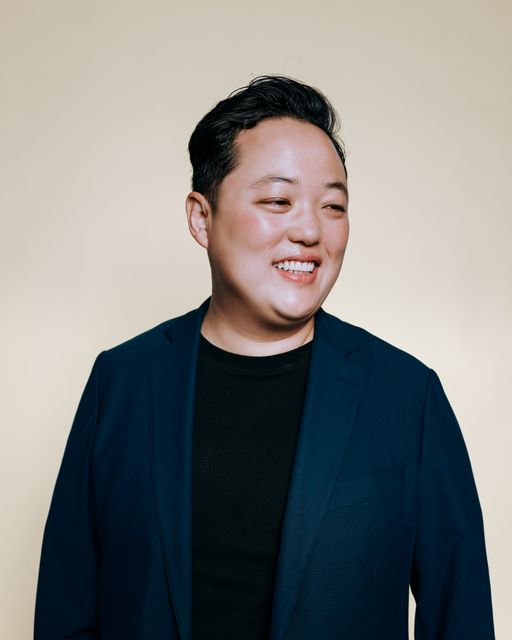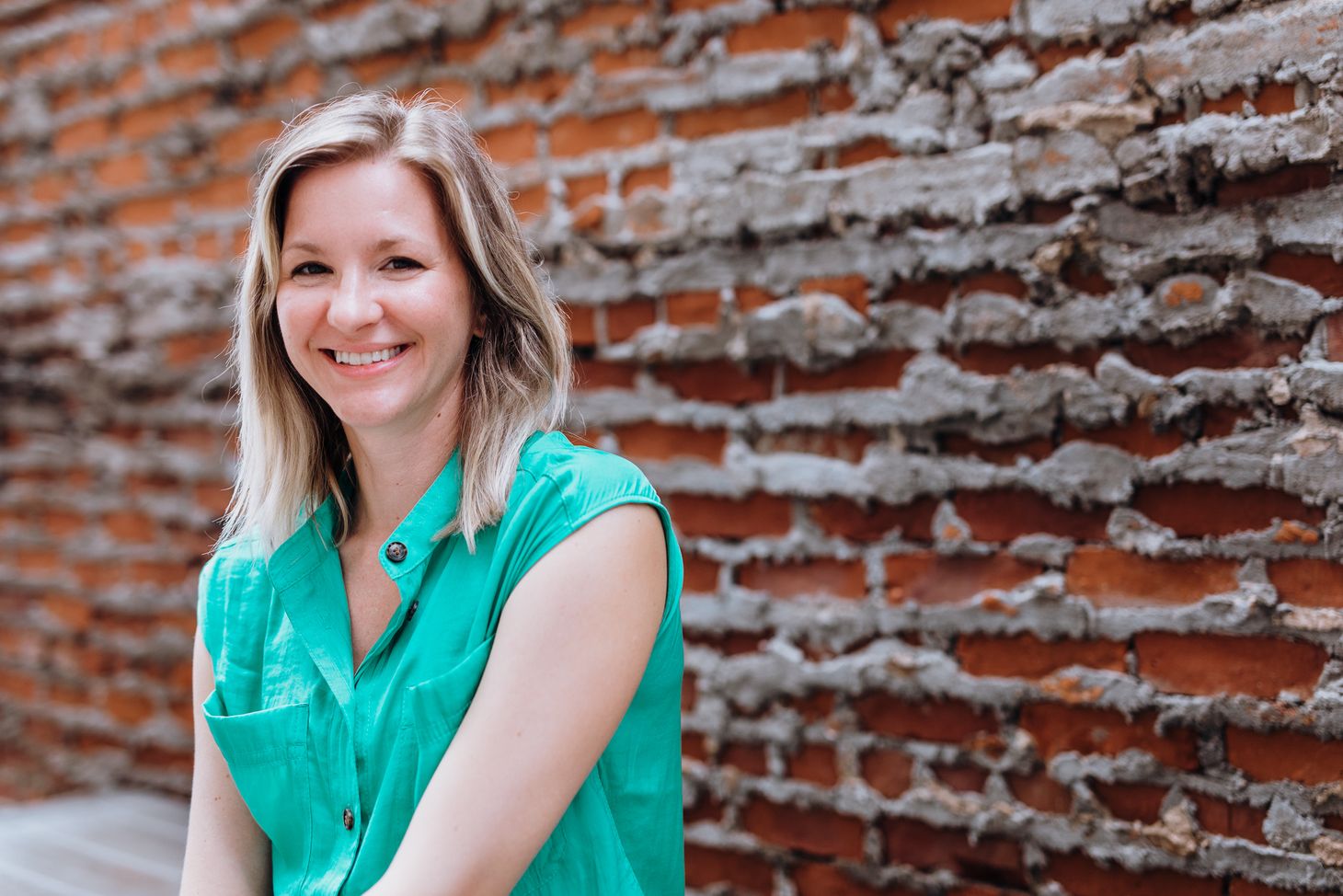
Welcome to Upstream! I'm Minnow, a coach based in NYC.
This is where I share stories and lessons about nurturing your own intuition in a world selling certainty and advice.
Thoughts on Giving Helpful Feedback
And why it's so hard to give helpful feedback.
What Really Matters
The two-hour flight was shorter than I expected. We took off from NYC and we were at flying altitude for 15 minutes before starting our descent into Cincinnati. I was on my way to meet Katie for the first time since I started coaching her a year and a half

Near Death Experiences
A few seconds here and there, and the whole thing could have been avoided. An extra minute getting ready or thirty more seconds getting the check at dinner, and I wouldn’t have nearly died.
Dad Did His Best
How I've learned to see my dad after 38 years.
Turning Pain Into Art
I’m reading this book by Susan Cain called Bittersweet and she starts with a story about the death of 22 people during the civil war in Sarajevo in 1992.
How Portraiture Complements Coaching
How I bring out someone's photogenic and creative potential.
2021 Year End Review
If I had to say when this “year” started, it would be March 2020 when NYC shut down and along with it a year’s worth of work, plans, and dreams.
Lessons from a Year of Coaching
So what have I learned after a year of coaching? Well a lot, but if I had to sum it up, it’s two things: the act of coaching is about listening and empathy and the result of coaching is self-awareness. Here’s what I mean. My job isn’t
Recovering a Sense of Play
Something I’m trying hard to recover when working on projects is a sense of play. It’s one that’s easy to lose because it doesn’t rank high in making a project feel worthwhile—productive, profitable, or prestigious, feels much more important. We’d certainly make time to
Earning to Be Creative
I have another question for you today: How hard are you trying to earn your identity as a creator/creative/artist? Because once we decide for ourselves that we start creating work that is generous, courageous, and intended to connect with others, most of us run straight into self doubt.
Follow Along Upstream
And feel a little less alone on your quest to your most courageous work.